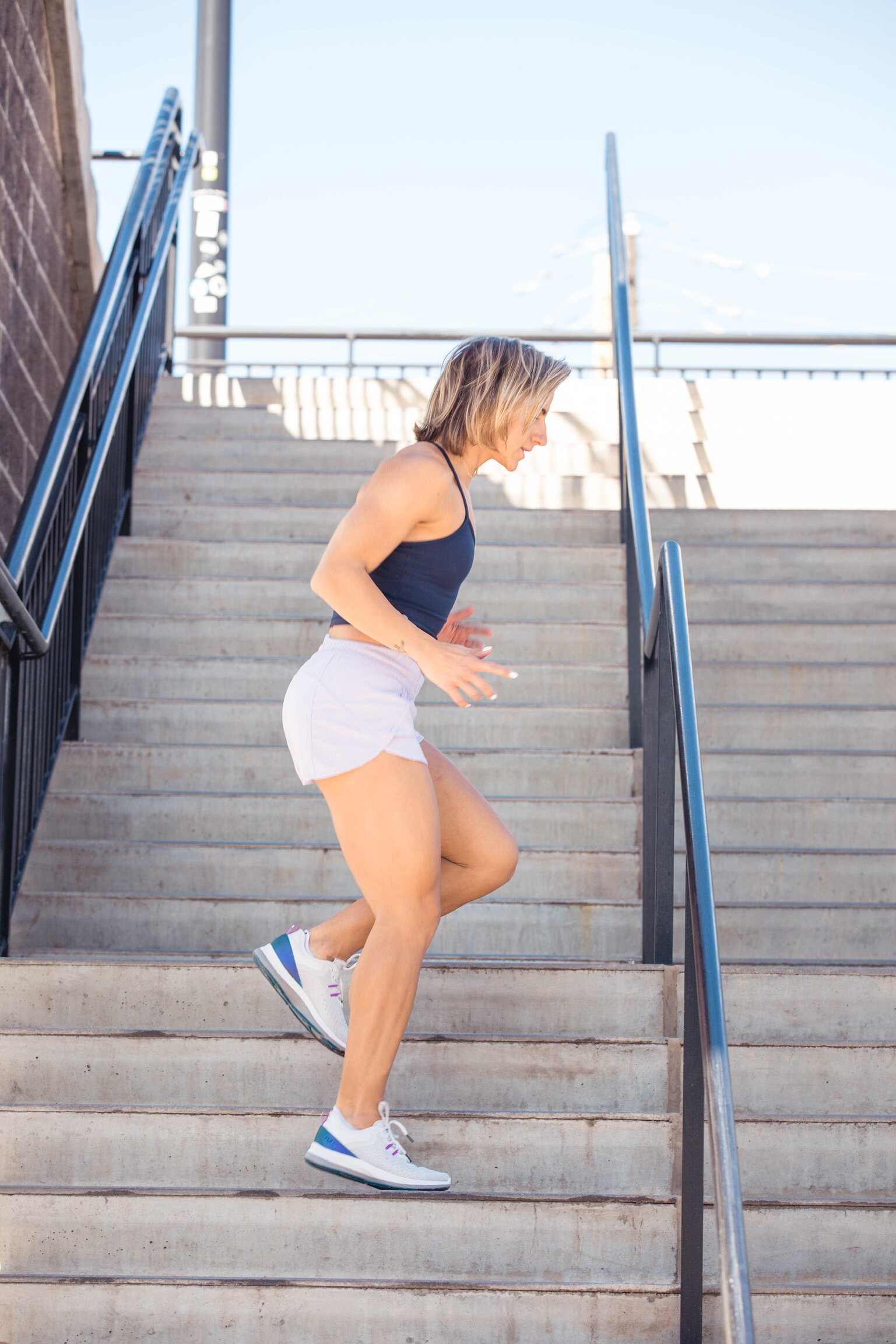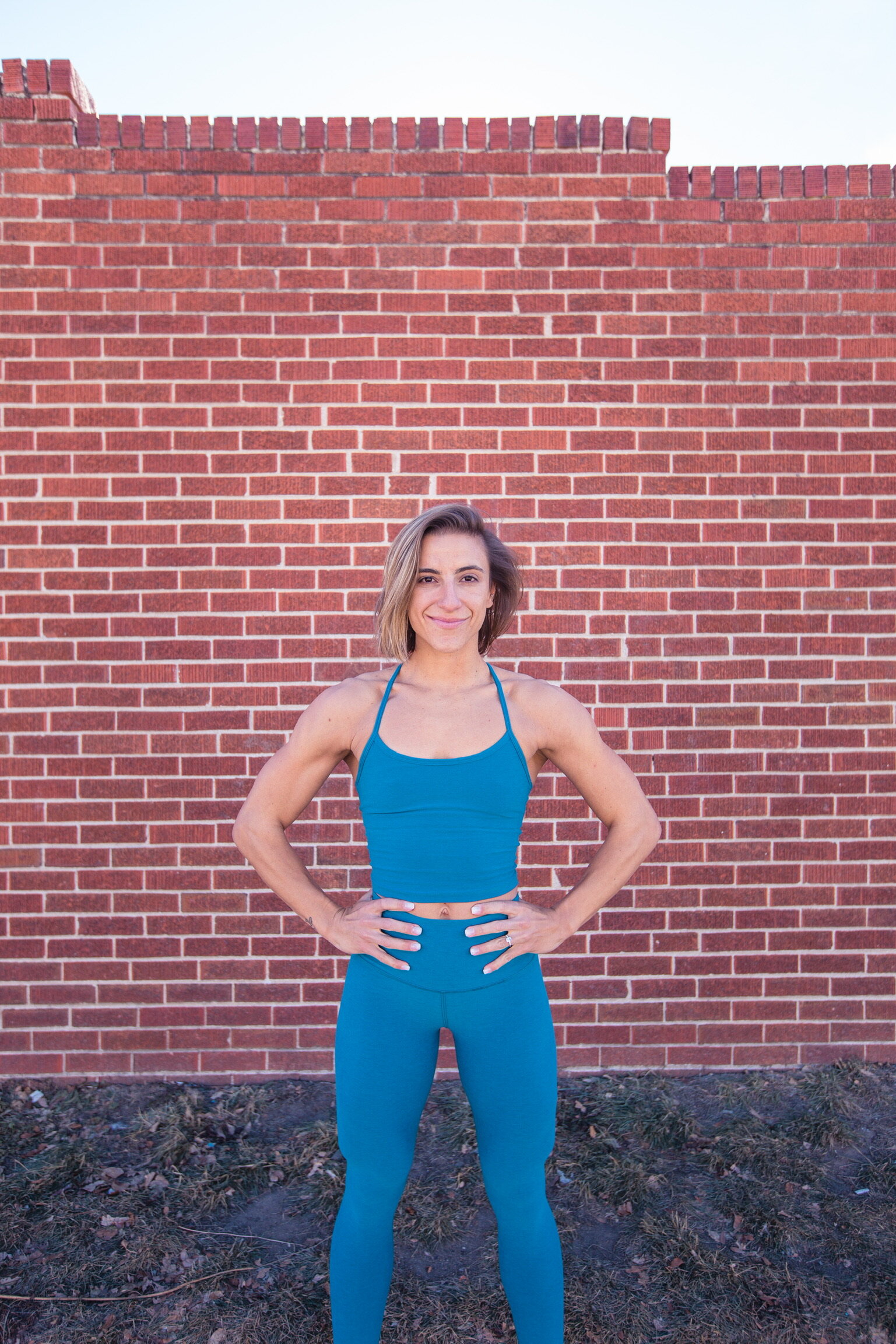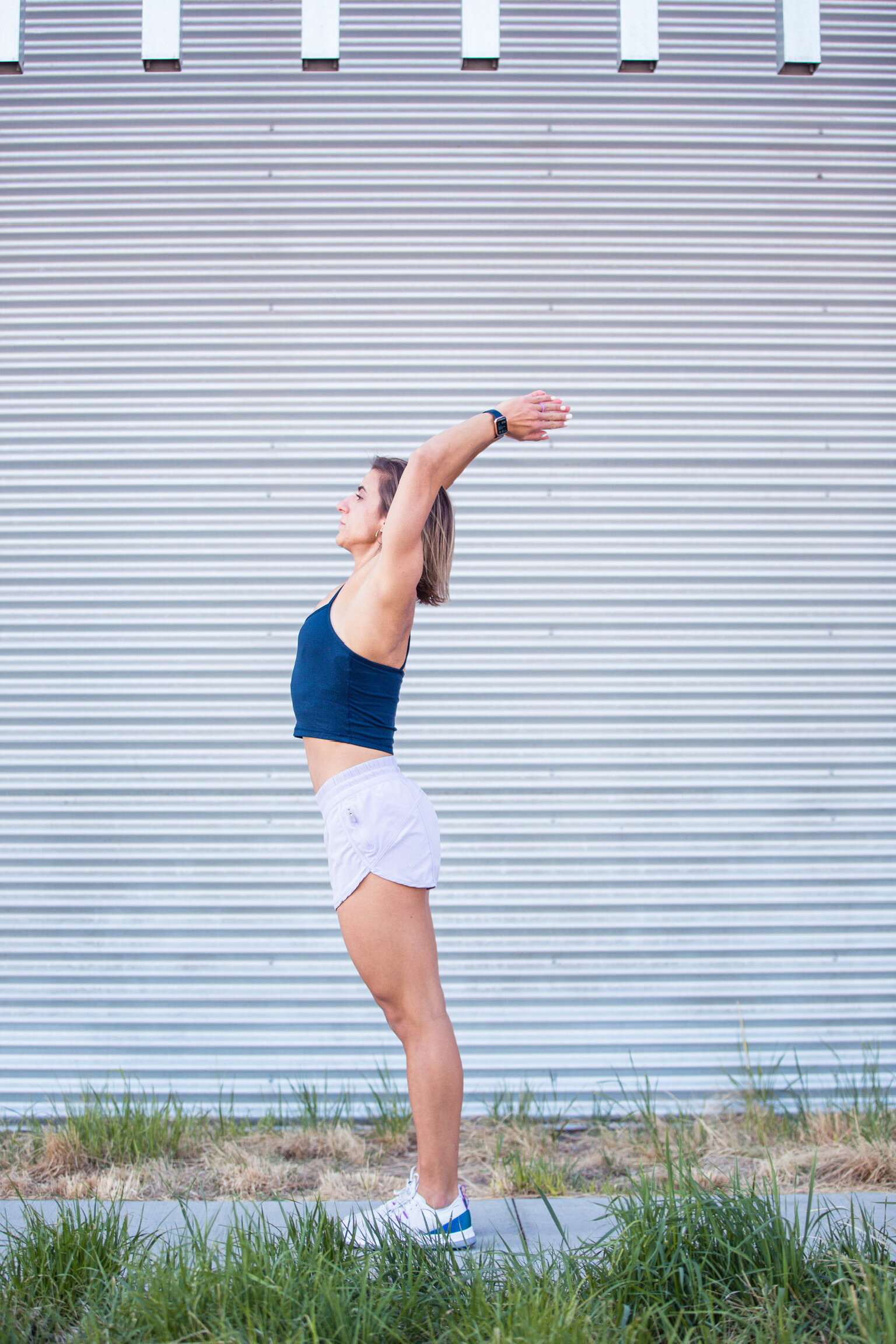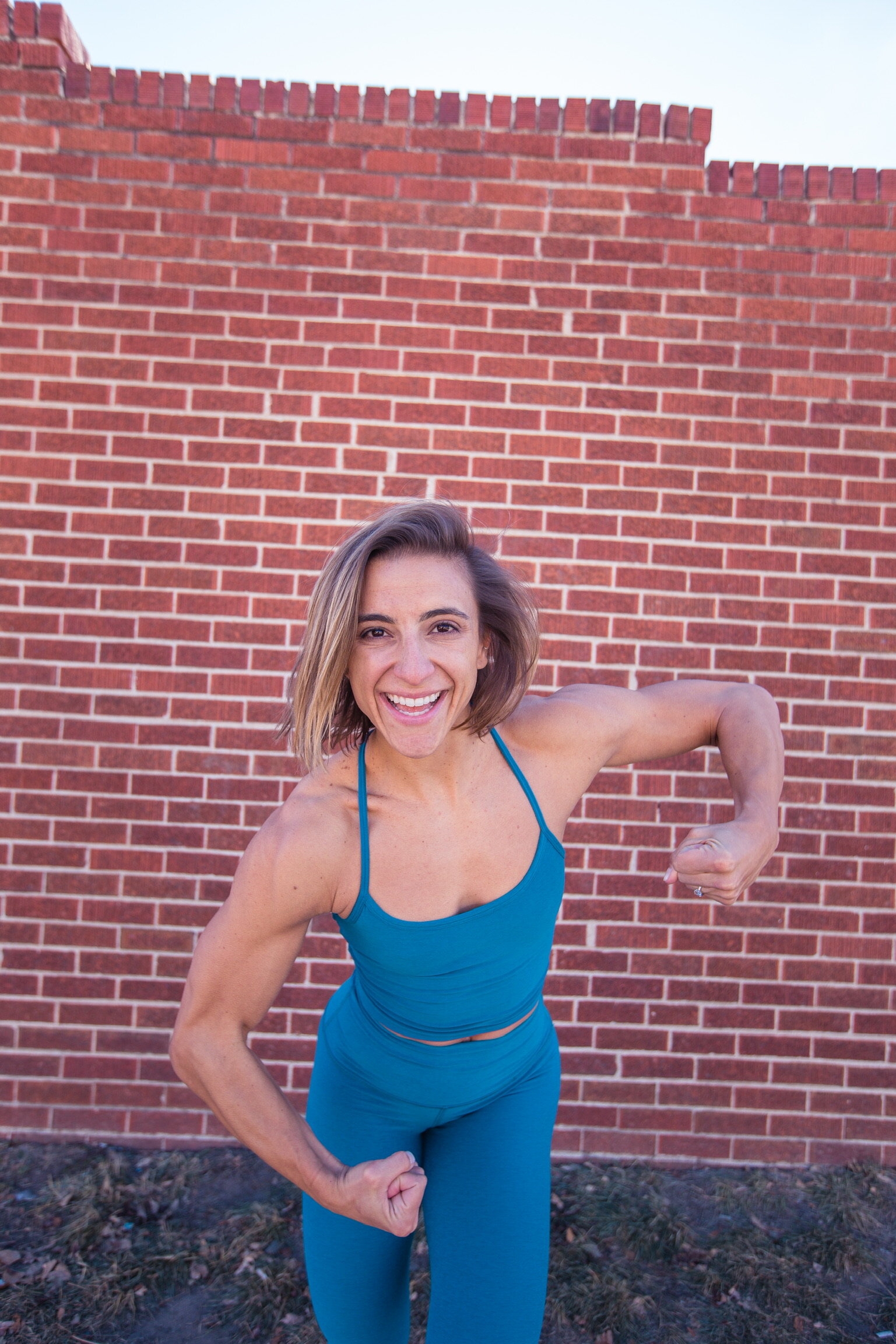Five Reasons to Workout (not related to aesthetics)
Are you sitting down?
I have something really revolutionary to tell you.
You don’t need to workout just because you believe that there’s a certain way you need to look in order to find yourself attractive.
Yep, go ahead and read that again.
For too long we’ve been operating under this idea that exercise is punishment for food. That if we just do the right things on the right days that we’ll have tight tummies and lean legs and bulging biceps.
While all of those things can be byproducts of working out, if they are your only reasons for working out, then I hate to break this to you, but working out is going to lose its glamor real fast. Movement will become a chore to achieve a physique, which is only sustainable until it’s not.
Whether you’re an experienced fitness fanatic or you’re itching to dip your toe into the deep end, here are five of the more important reasons to celebrate your body’s ability to move.
More Confidence.
Feeling good in your body is positively correlated to your self-esteem, and working out is a surefire way to increase the feel-goods in your body. This can look like setting strength goals or signing up to run races or making new friends at your Pilates studio. Fitness can be both super independent and super social and both of those choices have the ability to increase your self-esteem. Alexa Tucker, in an article for Self, writes, “Completing a tough workout, especially when you'd much rather stay in bed, can give you a serious confidence boost. Sticking to your plan—especially when it requires a whole lot of flexibility, like converting your gym routine to an at-home workout, or going out for a run when you’re used to using the elliptical—can make you feel like you can take on the world.”
More Energy.
Exercise increases energy. It’s science. Movement causes your body to create endorphins. These endorphins trigger a positive feeling in your body. In fact, an article in Healthline quotes multiple studies that show that, even in people with persistent fatigue and those suffering from serious illnesses, engaging in regular physical activity can increase your energy levels. In fact, studies also show that those increased energy levels run parallel to an increased ability to be aroused (hello better sex drives!).
Less Stress.
In a study completed by Harvard Medical School, doctors were able to prove that aerobic exercise helps curb stress hormones like cortisol and adrenaline while increasing the calming brain chemicals serotonin and dopamine. What does this mean exactly? Movement is pretty mentally relaxing (even when your body is physically exerting itself). Not only that but the National Institute of Mental Health supports that a healthy lifestyle - including consistent habits of movement and sleep - can help combat anxiety and depression, especially in conjunction with other treatments like psychotherapy and medication.
Better Sleep.
Less stress also leads to better sleep. A study was published in Mental Health and Physical Activity showcasing that, of the 3,000 subjects, people who exercised at least 150 minutes a week were 65% less likely to say they felt overly sleepy during the day than those who exercised less. The Mayo Clinic is another advocate of movement’s ability to create better sleep opportunities. Much of this is centered on the fact that regular physical activity allows one to fall asleep faster and deeper than those who are not consistent with workouts.
Live Longer.
One’s ability to live longer takes in a multitude of factors, but it should come as no surprise that the positive attributes of movement mentioned above - more confidence, more energy, less stress, better sleep - all positively impact life span. Plus, exercise keeps your heart healthy in addition to your bones, joints, and muscles. An article by Allina Health reads, “Another study compared the heart, lungs, and muscles of active 70 year olds, inactive 70 year olds, and active 40 year olds. They found that the active older men and women had comparable heart and lung capacity and muscle strength of those who were 30 years younger.”




